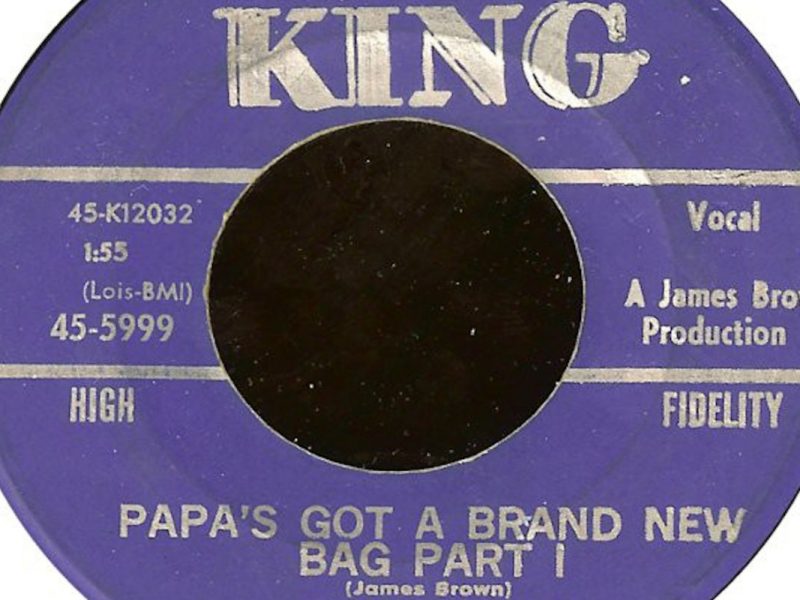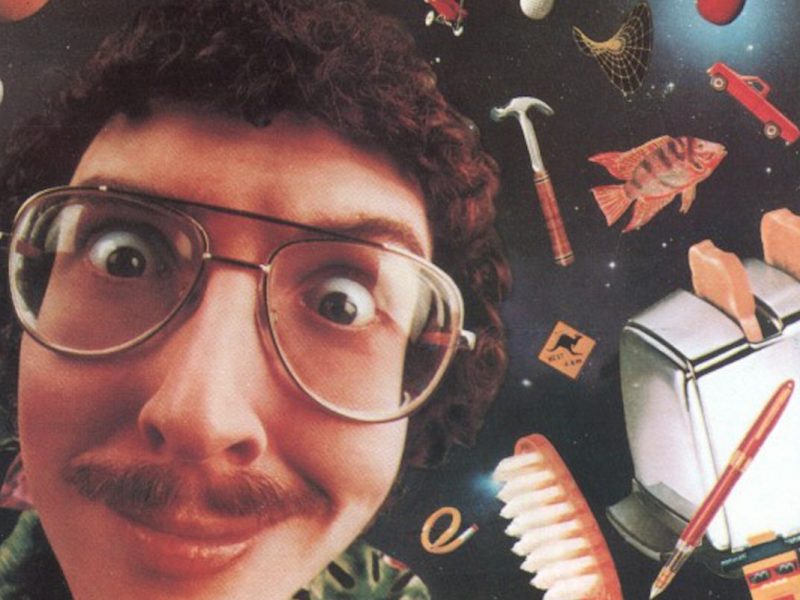The Beatles were on a roll in 1967.
They not only had released what many fans consider their best-ever album, Sgt. Pepper’s Lonely Hearts Club Band, they also were writing and recording new songs at such a pace that those fans – not to mention radio and retailers – could hardly be expected to keep up with them.
In fact, six weeks after Sgt. Pepper’s came out in late May 1967, the Beatles released a new single, “All You Need Is Love,” backed with “Baby, You’re a Rich Man.” Those two songs, along with a pair of tracks recorded at the start of the Sgt. Pepper’s sessions and other more recent tracks, ended up on the U.S. edition of Magical Mystery Tour, which was released on Nov. 27, 1967.
In the U.K., the 11-song LP was pared down to a six-track double EP that came out almost two weeks later, on Dec. 8, and included only the songs recorded specifically for the Magical Mystery Tour film project the group aired on British television that Christmas. The remaining five cuts, pushed to Side Two of the U.S. release, were released as singles between February 1967 and all the way up to just a few days before the album came out.
It’s a tricky release history that suits the scattershot nature of Magical Mystery Tour in general.
Following the release of Sgt. Pepper’s Lonely Hearts Club Band on May 26, 1967, the Beatles – no doubt feeling invincible after the rapturous reception to the album – wanted to make a movie about themselves that included new music. The idea was to load a whole bunch of people onto a bus (including the four Beatles, John Lennon, Paul McCartney, George Harrison and Ringo Starr) and take them on a day-long trip. Along the way, they would stop so the group could perform, or rather lip-sync to, some of those new songs.
The movie, a 52-minute special that aired on the BBC on Dec. 26, 1967, was a notorious mess. There was no script, no director to speak of and no discernible point to the self-indulgence on display. There were new Beatles songs, however, and that was enough to salvage the project.
Still, as an album, Magical Mystery Tour feels like a letdown after the recent creative landmarks Rubber Soul, Revolver and Sgt. Pepper – and the ones to come, like the White Album (their next proper LP released the following year) and Abbey Road. And that’s mainly because it was never intended as an album, but an EP designed to tie in to a holiday TV special.
Watch the Beatles’ ‘Penny Lane’ Video
So, while Side One of the album – which includes the title track, “The Fool on the Hill,” “Flying,” “Blue Jay Way,” “Your Mother Should Know” and “I Am the Walrus” – flows as an occasionally spotty soundtrack, Side Two sounds like what it is: a hodgepodge of recordings the group assembled over the past year. They’re all great songs, but within the LP’s context, “Hello, Goodbye,” “Strawberry Fields Forever,” “Penny Lane,” “Baby, You’re a Rich Man” and “All You Need Is Love” come off like one of those sketchy Beatles albums Capitol Records put together in the States from leftover U.K. singles and album tracks.
Still, Magical Mystery Tour completed fans’ collections by gathering some great songs that weren’t previously available on any album – especially “Strawberry Fields Forever” and “Penny Lane,” both of which were recorded for Sgt. Pepper’s Lonely Hearts Club Band but released five months before the LP came out to satisfy record-company demands for new product.
And it is an essential collection of Beatles songs, even if the concept and context is occasionally flawed when measured alongside the band’s other albums from the era. Not that it mattered much to fans. Magical Mystery Tour shot straight up the U.S. chart and stayed at No. 1 for two months. And these days it’s considered a part of the Beatles’ core catalog; the U.S. album has been remastered and reissued along with the group’s 11 original U.K. albums.
It belongs there. Just don’t expect it to fall together as seamlessly as the others.
The Most Shocking Rock Star Fashion Reinventions
From David Bowie to Metallica, these are the most shocking rock star fashion reinventions.
Gallery Credit: Bryan Rolli
The Beatles Are One of the Bands Who Hated Their Own Album



